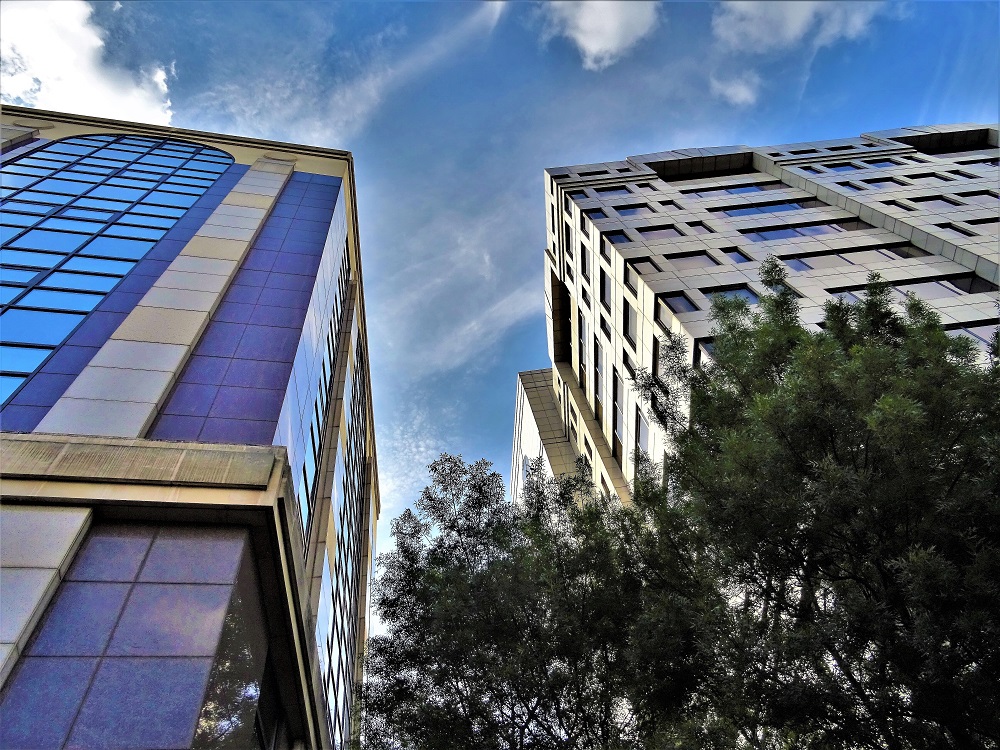Many diverse experts have entered the temporary building construction industry as a result of the growing demand for temporary buildings in the industrial sector, agricultural sector, transportation sector, commercial sector, and residential construction sector. Each of these experts and individuals has strengths and weaknesses.
An understanding of the strengths and weaknesses of these professionals is important for everyone planning to construct temporary buildings to know. This will influence your expectations of the individual or business you employ to handle projects involving temporary buildings. This article will go into detail regarding the weaknesses and strengths of each of these specialists in temporary building construction.
Strengths and Weaknesses of Providers of Temporary Buildings
The qualities of the specialists who erect temporary buildings are examined in this section. Let’s look at each one separately.
Companies
Building construction firms are a subset of the construction industry sectors that specialize in the construction of different projects. Some construction companies specialize in just one kind of building. Residential houses, institutional buildings, and commercial buildings are examples of some common categories of specialization.
Some building construction companies specialize in temporary buildings of all kinds. Smart-Space is a prime example of this type of company. Professionals with training and experience in creating temporary structures work for construction companies that specialize in this field. One of this company’s advantages is that its in-depth training has enabled it to provide clients with the best temporary building solutions possible in terms of both material quality and fast and proper installation.
These professional companies’ one drawback is that they might charge more than smaller operations. This is because all of their temporary structures, whether they are prebuilt, rented out, or ready to be sold, are composed of very high-quality materials and installed by highly skilled experts.
Artisans
An artisan is a competent craftsperson who produces all or most of the material goods they use by hand. Building construction experts including site engineers and architects, among others, provide direction to artisans. They think they know these engineers and their work because of their relationship with them. As a result, some of them accept a client’s temporary building project. They do build more inexpensively, which is one of their strengths. But what effects do their actions have? Their flaws reside in the implications of their conduct. Even if they will build you what you need, they do not have enough knowledge of the applicable standards. Additionally, they lack the confidence to offer advice because of their lack of expertise in the subject.
Designers
The “designers” are a group of inexperienced construction workers with a very limited understanding of temporary buildings. This category of providers includes do-it-yourself (DIY) projects. Even though many people fit this description, the question is: “Do the strengths outweigh the weaknesses?” Not at all, no. The only benefit is that it is the most affordable option. However, it offers no level of technical skill or competence. Additionally, certain environmental forces may be too strong for the structures these designers construct. This is due to the lack of provision for these forces. For instance, they do not plan for the basics of lightning. Additionally, because of their lack of technical skill, they are unable to choose the best materials for a given location, climate, or purpose.
Concluding Thoughts on Providers of Temporary Buildings
The strengths and weaknesses of three different professionals who work on temporary buildings have been examined in this article. The goal is to help you with thinking about buying or renting a temporary building, and it will also help you decide which option to choose.


